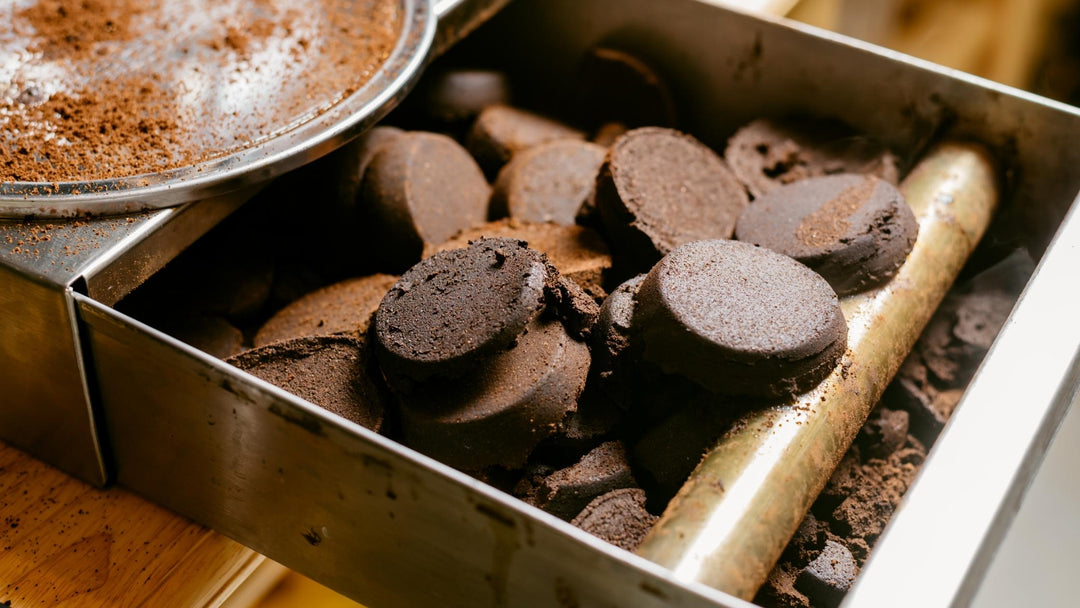When you enter a specialty coffee shop, you are usually greeted by a selection of coffees from a number of different origins. Most shops offer beans from Africa, South America, and a variety of Central American coffees — one of which is Guatemalan coffee.
Guatemalan coffee is a favorite among coffee drinkers, and for good reason. Central American coffees are known to be some of the best in the world. This is because their coffee profile boasts a fantastic balance of acidity and complex flavors, wrapped in a full-bodied, well rounded cup.
Despite the complex flavors, Guatemalan coffee still appeals to a wide range of consumers, making it the perfect go-to for any coffee drinker.
One of the most popular Guatemalan coffees is the Guatemalan Peaberry, representing about 5% of beans farmed. These beans are great for pour-over methods, which really highlight the nuances of each bean.
Why You Should Buy Guatemalan Coffee
1. Unique Growing Conditions
Climate, elevation, and soil are huge factors considered by coffee producers. With that being said, Guatemala is known to have fantastic coffee-growing conditions; they have seven main regions, each having its own set of microclimates and growing conditions.
Antigua receives lots of sun and little rain as it grows on the slopes of volcanoes. On the other hand, Huehuetenango is situated near the Mexican border with altitudes as high as 5,000 to 6,000 feet, producing fruity and complex coffee flavors.
Another coffee region is Atitlan, where coffees are grown in volcanic soil and often use wet processing.
2. The State of Coffee Production Is Changing
Coffee farming is one of the most common labor jobs in Central America; however, many people are choosing to move from rural countries into urban landscapes for higher-paying jobs and education.
Seeing as this might hit the coffee industry hard, it's important to support coffee regions and farmer families by buying their coffees. This will also allow them to continue to produce high-quality coffees.
3. Mind-Blowing Flavor Profile
Guatemalan coffee is known to have a medium to full-bodied mouthfeel with rich chocolate flavor notes. The great thing about this is that, even with chocolate notes and nutty flavors, you can still find complex notes, from berries and apples, to citric flavor notes like lemon and orange.
Best Brewing Methods For Guatemalan Coffee
1. Pour-Over Method
The best way to highlight Guatemalan coffee's acidity and notes is by brewing your coffee using the pour-over method. Doing this will allow the detailed notes to shine and give you an impressive mouthfeel and overall experience with every cup.
Specialty coffee shops often prefer this method when brewing coffee. It produces a pure black coffee experience, while allowing you to understand the complexities of each bean.
2. French Press
If you want to highlight the body and sweetness of your Guatemalan coffee, we suggest that you use the french press method.
A French press is a full immersion brewing method wherein the coffee stays in contact with the water for a longer period. With this, you're extracting more sweetness and body from the bean. However, always ensure that you don't keep your coffee in the press for more than four minutes as you can over-extract the coffee, giving it an unpleasant bitter and burnt taste.
The Bottom Line: Guatemalan Coffees Never Fails To Give You A Fantastic Coffee Experience
There are many other reasons you should head to specialty coffee stores and buy Guatemalan coffees. Besides their unique flavors, you'll also contribute to the growth of one of the best coffee farming industries in the world.
Are You Looking For A Speciality Coffee Shop?
Kunjani is a women-owned specialty coffee shop and roaster. Our core values circle around sustainable efforts, consistent roasting, and ethical practices when sourcing our coffees. Try our coffee subscription today!













Leave a comment